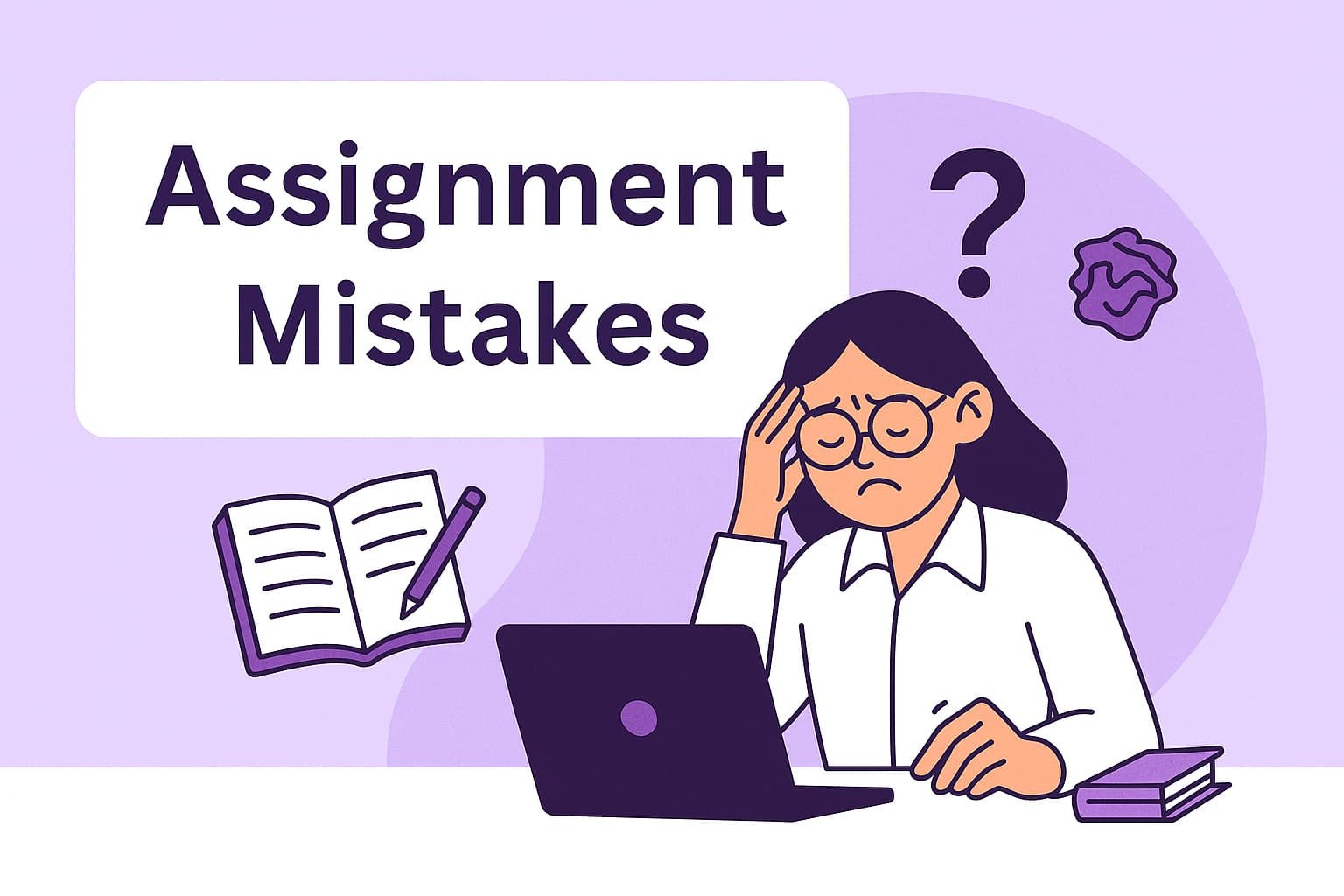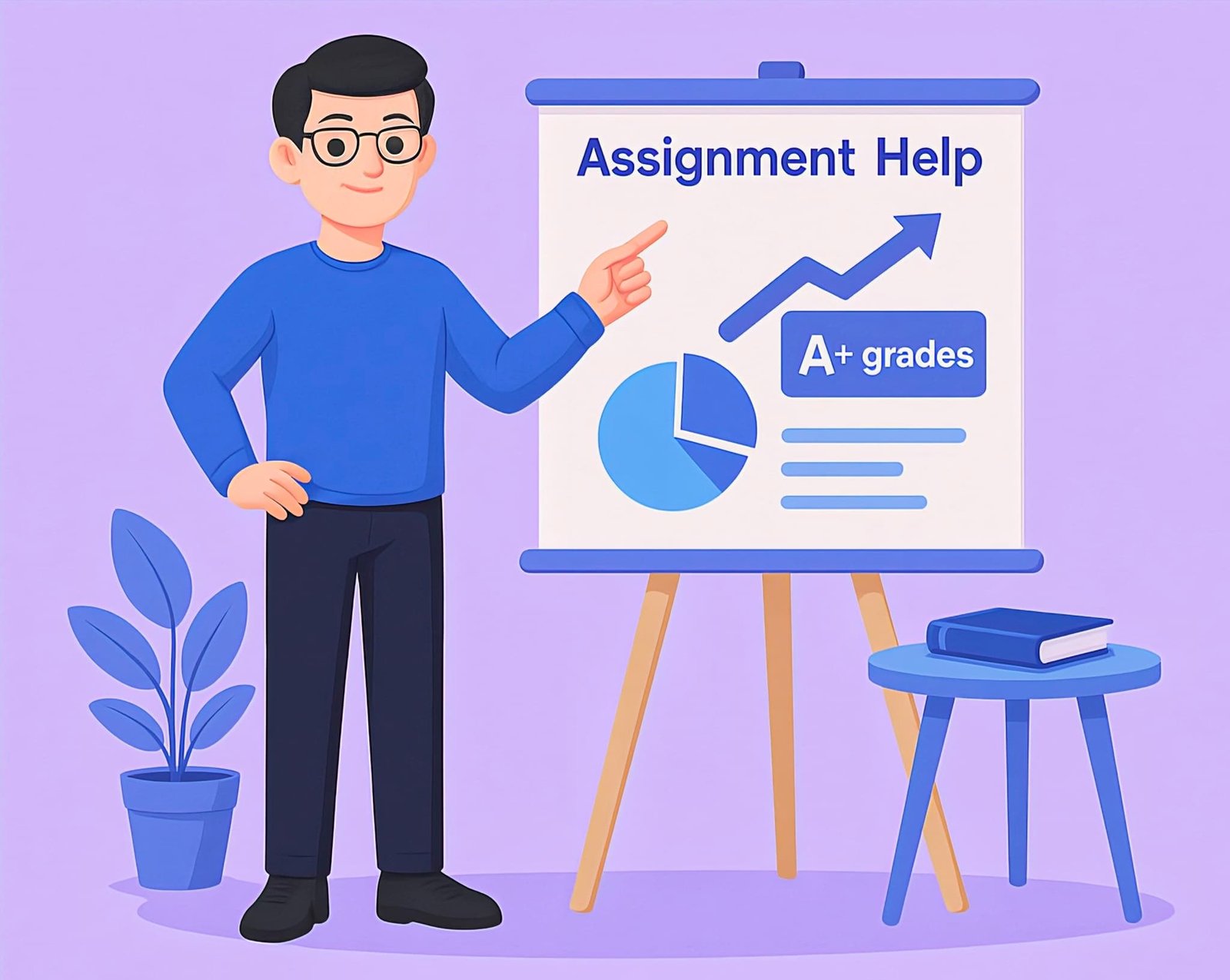Mastering Assignments in UK Universities: How to Avoid the Most Common Mistakes and Excel
Writing assignments is a core part of university life in the UK. For many students, it is both the most rewarding and the most stressful aspect of their academic experience. Assignments test your understanding, analytical ability, and critical thinking. Yet even bright students sometimes lose marks — not because of lack of knowledge, but because of avoidable mistakes.
This guide explains the most frequent errors UK students make in their assignments and how you can avoid them. Along the way, you’ll also find actionable advice and pointers to helpful resources, including Urgent Assignment Help and their dedicated Instant Assignment Help UK service for those moments when you need additional support.
Understanding What the Assignment Requires
One of the earliest and most critical mistakes students make is misunderstanding what the assignment actually asks for. It is not uncommon for students to rush into research or writing after just skimming the brief, only to discover later they’ve missed the point entirely.
Every assignment comes with clues about what your tutor expects: keywords like analyse, compare, evaluate, or critique. These are not interchangeable. For example, an instruction to analyse calls for you to break down an idea and explore its parts, while evaluate asks you to make a judgement based on evidence.
The best way to avoid misunderstanding is to read the assignment brief several times, highlight key terms, and even paraphrase it in your own words before starting. If you’re unsure, seek clarification. Academic support services like Urgent Assignment Help can also help you interpret complex briefs correctly.
Building a Strong Argument
Another frequent issue is failing to establish a clear argument or thesis. Without a strong central idea, an essay risks becoming a collection of loosely related points. Before you start writing, identify your main argument and test it: can you express it clearly in one or two sentences?
Once you’ve defined your thesis, ensure every paragraph contributes to it. Topic sentences, clear evidence, and logical connections between paragraphs help your argument unfold convincingly. Professional editors at Instant Assignment Help UK can also help you refine your argument if you find yourself stuck.
Conducting Quality Research
Poor research undermines even the most eloquent assignments. Many students rely too heavily on Wikipedia, random websites, or outdated materials, which can lower the credibility of their work.
Focus on peer‑reviewed journals, academic books, and reputable databases like JSTOR or Scopus. Use your university library’s digital resources. Keeping detailed notes and proper citations from the start can save you stress later. If sourcing reliable material feels overwhelming, experts at Urgent Assignment Help can guide you toward the right resources and even prepare reference lists aligned with your topic.
Structuring Your Assignment Effectively
Disorganised structure is another common mistake. Even well‑researched and well‑argued essays can lose impact if the ideas are poorly organised. Every assignment should follow a logical flow: an introduction outlining your argument, a main body that develops it systematically, and a conclusion that ties everything together.
Within paragraphs, start with a topic sentence, use supporting evidence, and end with a linking sentence that connects to the next paragraph. Smooth transitions improve readability. If you need help organising your thoughts, services like Instant Assignment Help UK can provide detailed outlines or even full drafts to guide you.
Avoiding Plagiarism
Plagiarism — whether accidental or intentional — remains one of the most serious academic offences. Students sometimes copy text verbatim, fail to cite sources properly, or paraphrase too closely without attribution.
To avoid plagiarism, understand and apply your department’s referencing style (Harvard, APA, MLA, etc.) consistently. Use quotation marks when you copy someone’s words and always cite the source. Tools like Turnitin can help you check your work for originality before submission. If you’d like extra peace of mind, you can also request a plagiarism report from Urgent Assignment Help or Instant Assignment Help UK, which guarantee Turnitin‑safe content.
Editing and Proofreading
Even the best ideas can be undermined by sloppy presentation. Submitting an unedited draft full of typos, inconsistent formatting, and grammatical errors sends the wrong impression to your tutor.
Once you’ve finished writing, take a break before editing. Read your work aloud to catch awkward phrasing. Check for clarity, grammar, and consistency in referencing. If you prefer an external review, professional editors can help polish your assignment while maintaining your voice and meeting academic standards.
Managing Your Time Wisely
Many assignment mistakes stem from poor time management. Procrastination leads to rushed research, careless errors, and missed deadlines. Start early by breaking the assignment into smaller tasks with specific deadlines: researching, outlining, drafting, editing.
Use digital planners or apps to set reminders. If you still find yourself running out of time, don’t panic — Urgent Assignment Help and their Instant Assignment Help UK team specialise in last‑minute support without compromising quality. You can even reach them directly via WhatsApp for immediate assistance.
Knowing When to Seek Help
University assignments are challenging for a reason — they’re designed to stretch your skills. But that doesn’t mean you have to struggle alone. Whether you’re confused about the brief, stuck on research, or unsure about your structure, it’s okay to ask for help.
Tutors, writing centres, peer groups, and professional services can all offer valuable support. Reaching out at the right time can save you stress and help you achieve the results you’re capable of. Remember, knowing when and where to ask for help is a skill that will serve you beyond university too.
Conclusion
Assignments are more than a box to tick — they’re your chance to develop and showcase critical skills. By avoiding common mistakes such as misunderstanding the brief, weak arguments, poor research, disorganised structure, plagiarism, lack of editing, and bad time management, you can improve not just your grades but also your confidence.
If you need expert guidance, Urgent Assignment Help and their Instant Assignment Help UK service are trusted by thousands of students across the UK. With 24/7 availability and direct WhatsApp support, you’re never alone — even at the last minute.
Take the time to plan, prepare, and seek support when needed. Mastering your assignments isn’t just about getting through university — it’s about laying the foundation for lifelong learning and success.



